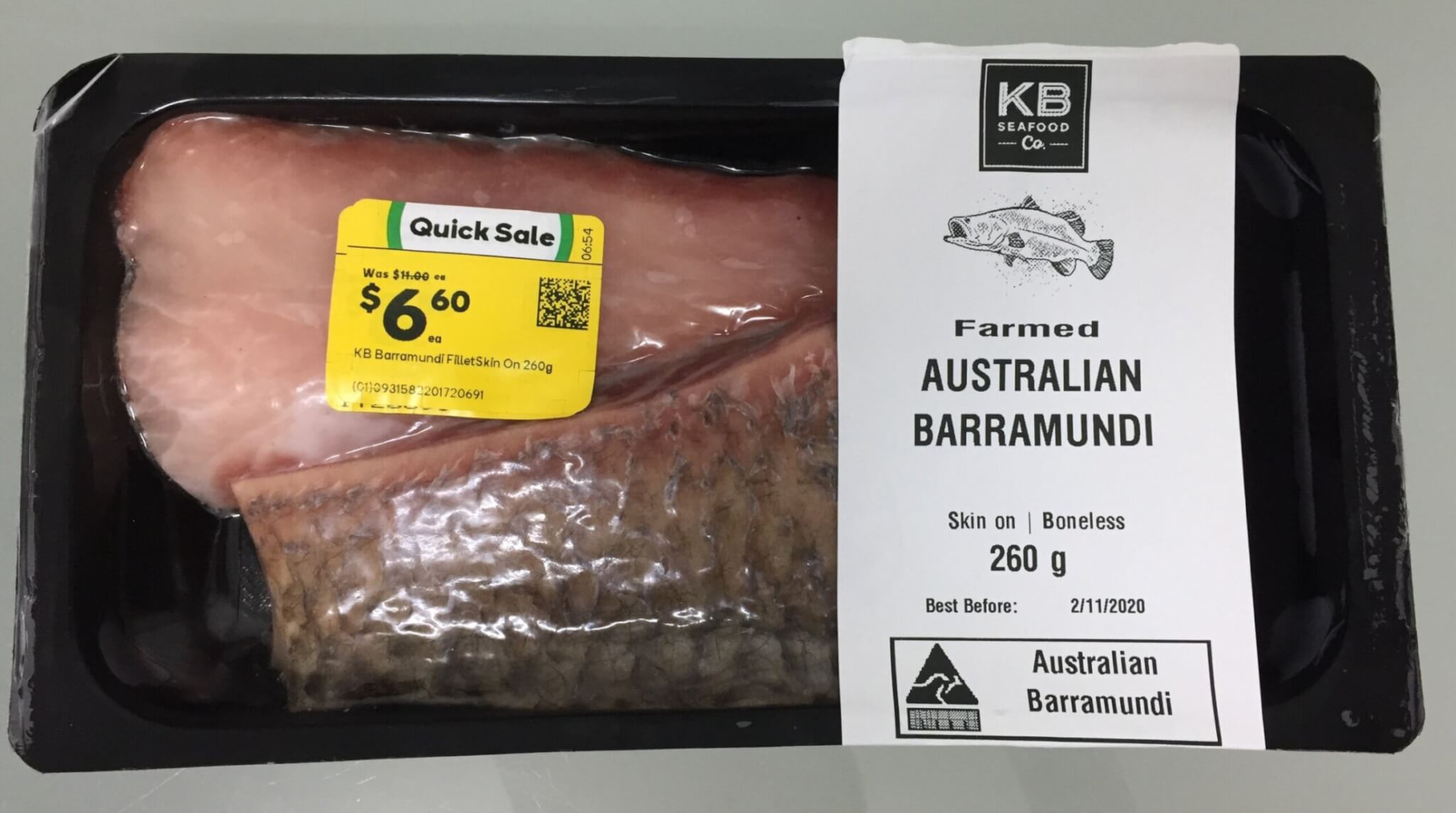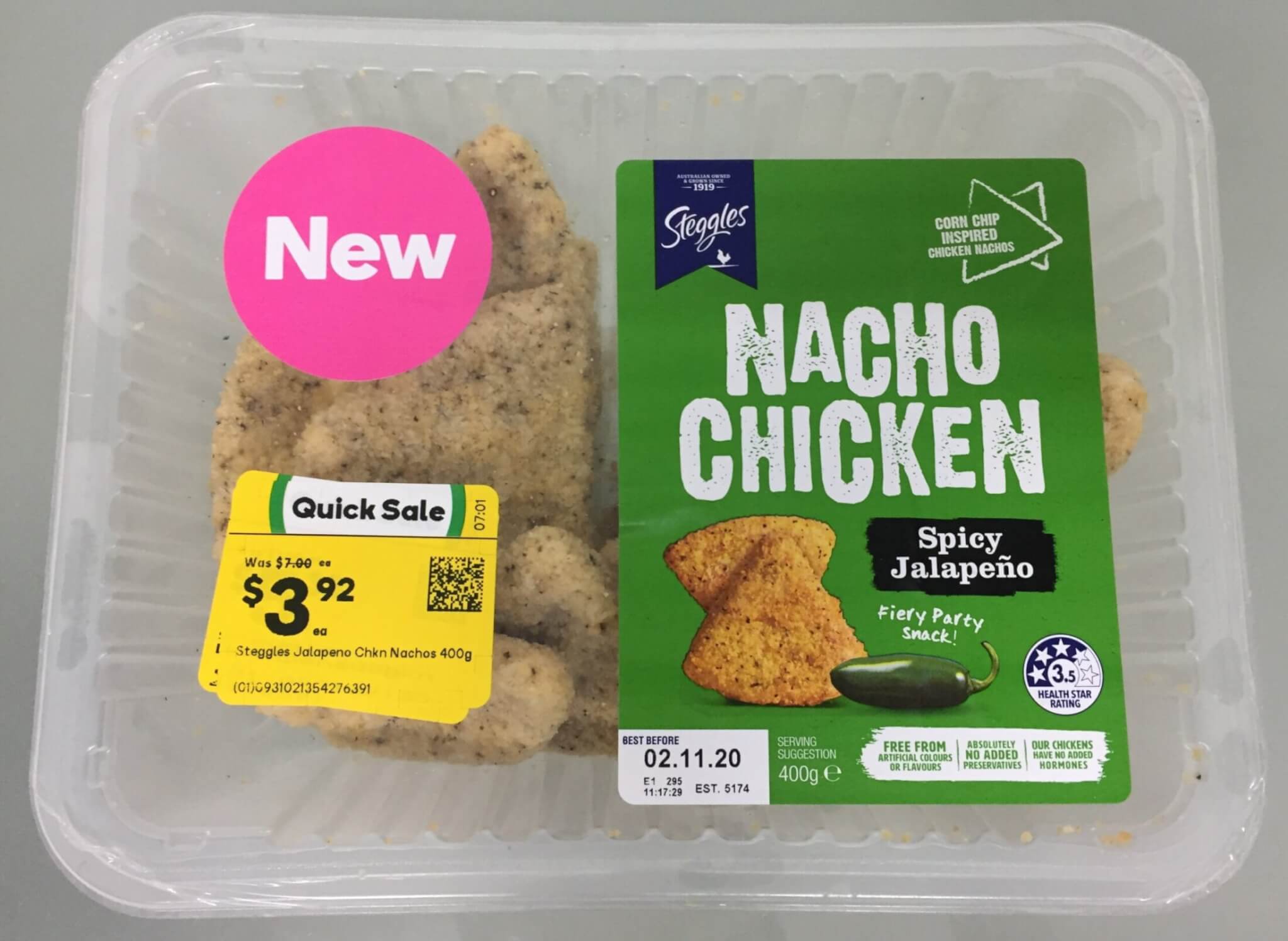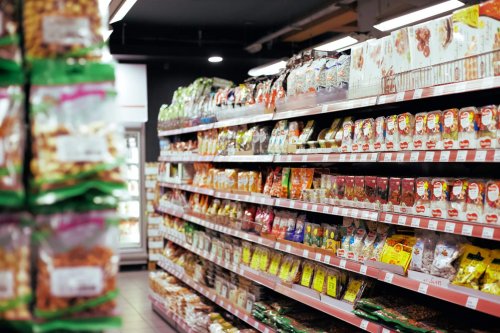Compared to many Asian countries, the normal way of grocery shopping in Australia is mainly via the major supermarket chains such as Coles, Woolies, Aldi etc. Wet markets can still be found in areas with a large migrant population, such as Footscray.
The Chinese have a saying about the 4 important things in life, namely Clothing, Food, Accommodation and Transport. We will cover the tips and tricks of your routine grocery shopping in supermarkets to hopefully save you some money.
7 Money Saving Tips:
Tip 1: Buy in bulk – It is a no brainer that items sold in smaller quantities generally tend to be more expensive per given weight or quantity. Hence, whenever possible, buy a larger pack of the item you normally use. An example would be buying a 1kg tin of Milo as opposed to a 250g tin, provided of course you are able to consume the product before its expiry date.
Tip 2: Buy house brands – The various supermarket chains carry their own house brands for many essential products such as dish washing liquids, condensed milk, biscuits, tissue boxes, frozen foods etc. House branded items are cheaper than the branded alternatives. We are not fussed with non branded items so have been happily using Woolies house brand tissue boxes, toothpaste, dish washing liquids and even condensed milk for years!
Tip 3: Familiarise yourself with food prices – Through regular visits to the supermarkets, one can’t help but start to notice and remember the “normal’ price of goods. The trick is to buy items only when they have been routinely discounted. For example, the usual price of Tim Tam chocolate biscuits is around $3.85 but supermarkets routinely offer them for sale at prices of $2.50 and even down to $1.85 at times.
Tip 4: Buy from cheaper chains – Supermarkets don’t price their goods the same. For an overall lower grocery bill, you may wish to give shopping at your local Aldi or IGA a go.


Tip 5: Buy food items with limited shelf life at the right time – Due to their inherent limited shelf life, supermarkets have to discount food items such as meats and vegetables as they get closer to their expiry dates. Food safety laws dictate that food items past their expiry dates cannot be sold to the public. It is not uncommon to see fresh packaged meats discounted by up to 80% or more on the final day they can still be legally sold.
Pro Tip – In supermarkets offering hot chicken roasts, these can only be kept on the shelves for sale no longer than 4 hours after the time they first came out of the oven. The time of cooking would be written on the bags. So if you happen to walk past and noticed a roast that was cooked almost 4 hours prior, it would be worth your while to nicely ask the counter staff if the price could be further discounted. We have triumphantly walked away on many occasions with discounts of 50%!
Tip 6: Buy discounted goods that are slightly damaged – Keep an eye for that special shelf in the supermarket where slightly damaged goods are displayed for sale with lowered prices. Dented tins of dog food, a 6 pack of drinks with 1 can missing, a product with torn labelling etc, these are heavily discounted to entice customers to buy them. A win win situation for both supermarket and the customer, if you ask me.
Tip 7: Use supermarket rewards programme – Get yourself a membership card to start collecting points. The Flybuys rewards programme, for instance, is a popular one where every 2,000 points collected will let you reduce your next grocery bill by $10. Everyday Rewards is another one you could look into.
So there you have it, 7 practical ways to save money while grocery shopping!










